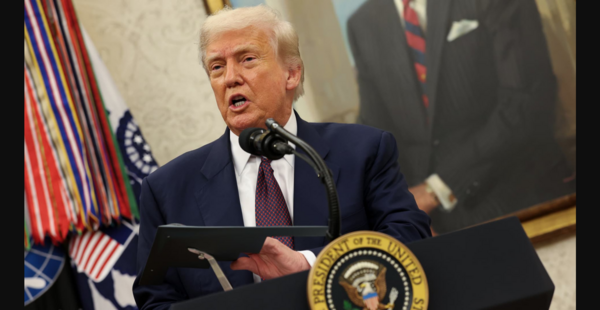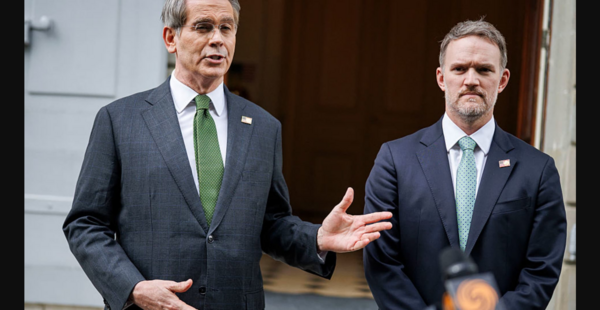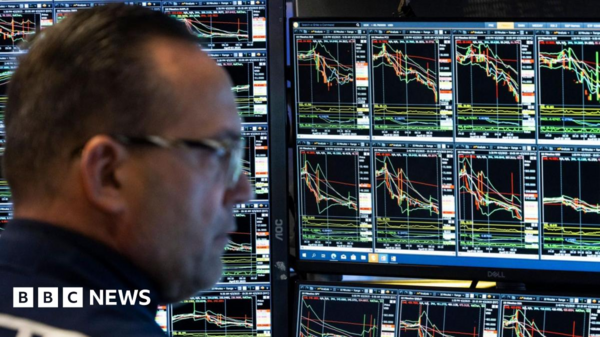
Trump Threatens 100% Tariff on Semiconductor Imports, Exempts U.S. Producers
President Trump threatens a 100% tariff on semiconductor imports while exempting U.S. producers, touting Apple's $100 billion U.S. investment over 4 years.

President Trump threatens a 100% tariff on semiconductor imports while exempting U.S. producers, touting Apple's $100 billion U.S. investment over 4 years.

Nvidia and AMD restart AI chip sales to China as part of the recent US-China trade deal, with Nvidia receiving assurances from the US government and AMD expecting licenses for its chip exports.

In a bid to ease trade tensions, the U.S. and China have reached a temporary truce, agreeing to suspend most tariffs on each other's goods for 90 days, while cutting the 'reciprocal' tariffs from 125% to 10%, though U.S. duties on Chinese fentanyl imports remain intact.

China's retaliation against US tariffs by restricting rare earth mineral exports may backfire, as these elements are not truly rare, and the US could increase domestic mining or reduce reliance on them, mitigating the impact on high-tech products that use small quantities.

The IMF cautioned that Trump's tariffs could severely hamper global economic growth, slash US growth projections, fuel domestic inflation beyond the Fed's target, and heighten the risk of a recession in the United States.

President Trump's tariffs have sparked interest from Japan, South Korea, and Taiwan in investing billions in the massive Alaska LNG project, which involves building an 800-mile pipeline and export facility, as a potential trade deal to avoid high U.S. tariffs.

The escalating trade war triggered a massive Wall Street selloff and retaliatory tariffs from allies like Canada and the UK, signaling an intensifying global economic clash with far-reaching consequences.

President Trump declared a national emergency to impose tariffs on imports, aiming to counter unfair trade practices, reshore manufacturing, and stimulate domestic production, while arguing that these measures can reduce threats to national security and achieve economic objectives.

US stocks plummeted in Q1 2023, their worst quarter in 3 years, as investors fled to safe havens ahead of President Trump's April 2nd announcement threatening sweeping global tariffs, sparking fears of stagflation, recession and deglobalization despite some experts' skepticism that Trump's tariffs alone can reverse globalization.

President Trump has threatened to impose escalating tariffs on a wide range of industries, including automobiles, pharmaceuticals, lumber, semiconductors, and oil and gas imports from countries dealing with Venezuela, signaling plans for more sweeping trade duties.